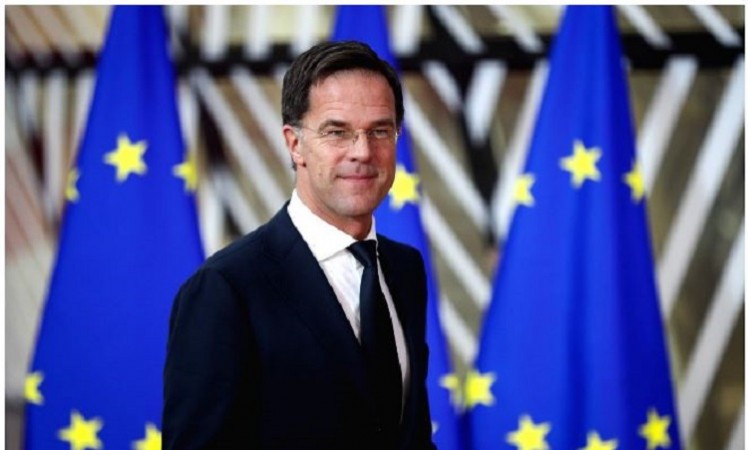
THE HAGUE: With the upcoming elections set to take place on Wednesday, the Netherlands is poised to elect a new Parliament and, notably, its first fresh Prime Minister in over a decade.
Mark Rutte has occupied the Prime Minister's position since 2010. However, following the collapse of his government in July due to the coalition's inability to reach a consensus on asylum seeker policies, Rutte, who served four terms, announced his withdrawal from politics, as per reports from Xinhua news agency.
During Rutte's last tenure, the coalition comprised the People's Party for Freedom and Democracy (VVD), the Christian Democratic Appeal (CDA), the Democrats 66 (D66), and the smaller Christian Union (CU).
Dilan Yesilgoz-Zegerius took over the helm of the VVD after Rutte's departure. Notably, she previously held the position of Minister of Justice in Rutte's final cabinet.
Leadership changes were not confined to the VVD alone. Former European Commissioner Frans Timmermans assumed leadership of the PvdA-GroenLinks, while Rob Jetten, the outgoing minister for climate and energy policy, succeeded former Deputy Prime Minister Sigrid Kaag as D66's leader. Henri Bontenbal took up the reins as the new leader of the CDA.
However, formidable competition has emerged in the form of the New Social Contract (NSC) party, headed by Pieter Omtzigt, a long-standing member of the Dutch Christian Democratic Party. Omtzigt gained recognition and support for his pivotal role in highlighting the childcare benefits tax scandal, which led to the downfall of Rutte's third government.
The most recent polls conducted by Peilingwijzer and reported by national broadcaster NOS suggest that the electoral competition is poised to be intense, with the final outcome remaining unpredictable.
The VVD, the leading party in the past four elections during Rutte's tenure, currently holds a projected 26 to 30 seats.
Meanwhile, the Party for Freedom (PVV) led by Geert Wilders has seen a rise, with projections placing them between 22 to 28 parliamentary seats in the last week.
On the other hand, Omtzigt's NSC has experienced a decline, now projected to secure 19 to 25 seats. Additionally, the PvdA-GroenLinks alliance is anticipated to secure 21 to 25 seats in the upcoming elections.
Political Upheaval Marks Dutch National Elections 2023
Argentina Elects Javier Milei as President Amid Economic Discontent